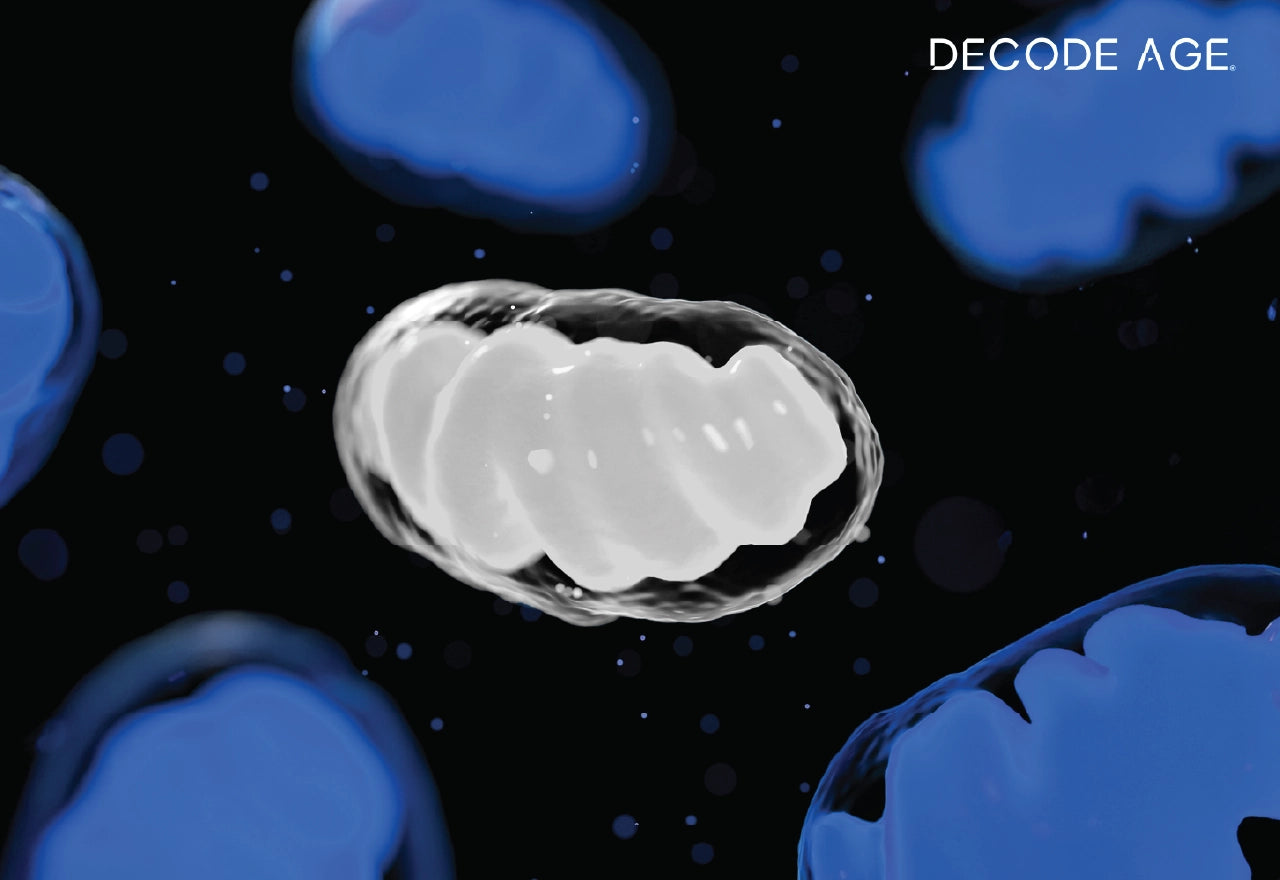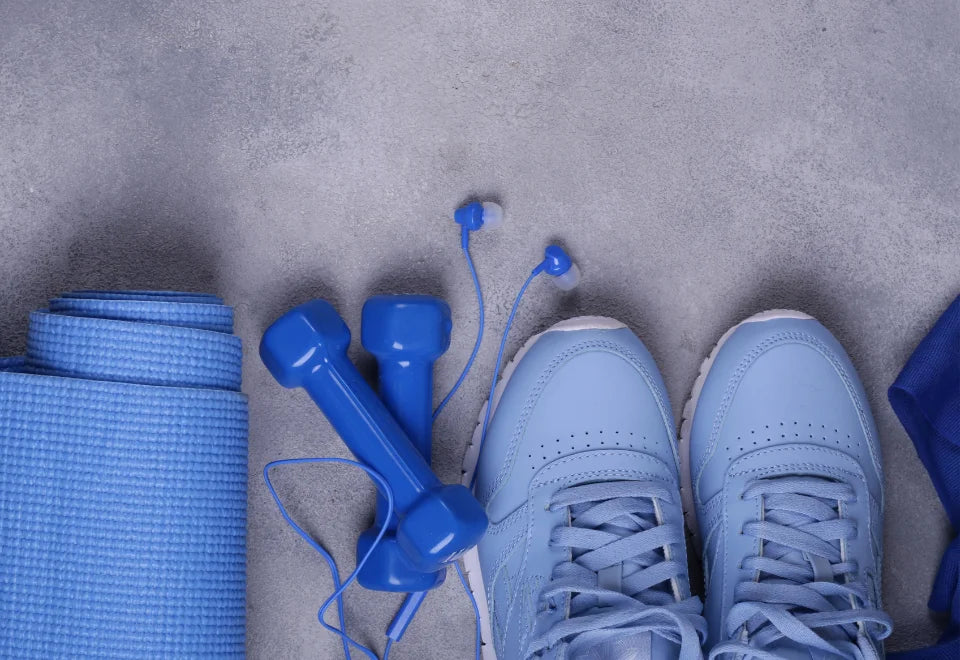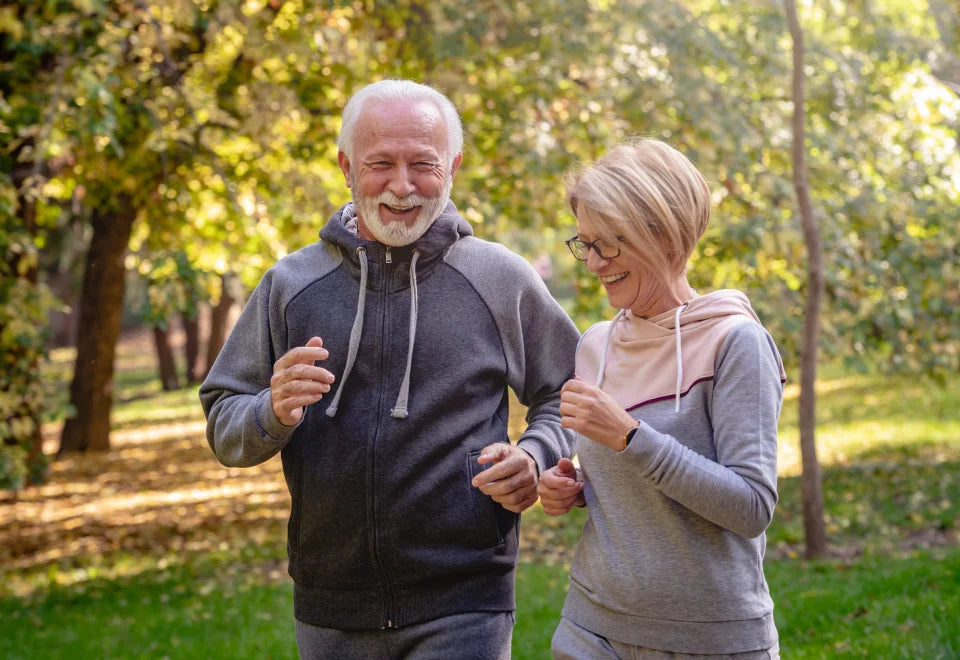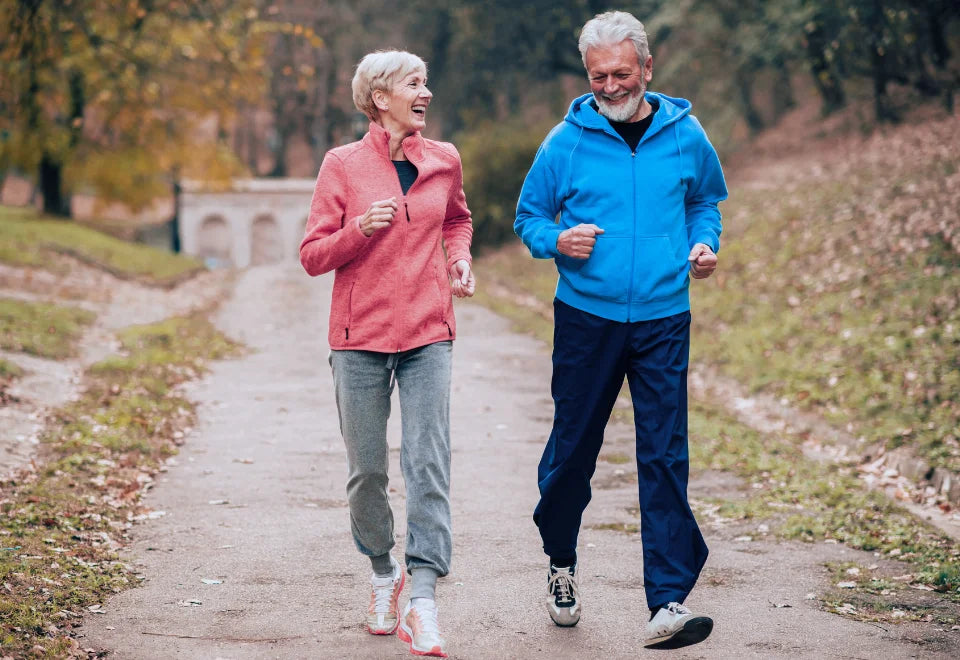Ageing is often portrayed as a downhill slope and a phase marked by limitations, decline, and a fading sense of relevance.
As it turns out, a lot of what we think we know about growing older is based on outdated beliefs or misinformation. People in their 60s, 70s, and beyond are living more active, connected, and productive lives than ever before. They're starting businesses, traveling, learning new skills, even running marathons. Yet myths like "older adults can't sleep well" or "creativity declines with age" continue to thrive.
In this article, we’ll break down the most common myths about ageing, exploring what actually changes with age, what remains the same, and how to support a vibrant, fulfilling life at any stage. Whether you're in your 30s planning ahead or already navigating your golden years, understanding the truth about ageing is key to living better, not just longer.
Myth 1: Ageing Equals Wrinkles and Nothing Can Prevent It
One of the biggest skin ageing myths is that wrinkles are unavoidable and irreversible. While it's true that collagen production slows with age, several anti-ageing antioxidants play a pivotal role in maintaining skin elasticity.
Tips for healthy skin:
Keeping yourself hydrated, eating antioxidant-rich foods, and taking collagen or spermidine supplements can help maintain skin elasticity and glow as we age.
Myth 2: Ageing Inevitably Leads to Loneliness and Depression
People assume that with age comes isolation, depression, and fewer social interactions. While some seniors may experience isolation due to various reasons like retirement, health decline, or losing close ones which may reduce their daily social contact; it's not a universal fate.
Tips:
Stay connected with friends, family, or community groups. Volunteering, hobbies, or even group fitness classes can boost connection and emotional wellbeing. Studies show that strong social networks, volunteer work, and purpose-driven lifestyles help reduce depression and enhance emotional wellbeing in older age.
Myth 3: Cognitive Decline in Elderly Is Unavoidable
The belief that memory loss is a common part of ageing is widespread. Forgetting names or misplacing things is quickly blamed on age.
While cognitive abilities can change with age, decline isn’t guaranteed. Neuroplasticity-the brain’s ability to adapt, remains active, even in older age.
Tips:
Staying mentally active through reading, puzzles, or learning new skills can support brain cell protection and reduce cognitive inflammation.
Myth 4: Physical Activity Is Unsafe for Seniors
With age the muscle mass and bone density naturally decrease, which has created a big misconception that older adults should “take it easy” to avoid injury, keeping many seniors from exercising altogether.
The truth is that physical activity reduces the risk of falls and frailty in ageing populations. It improves strength, balance, cardiovascular health, and even mood.
Tips:
Engage in low-impact exercises such as yoga, tai chi, walking, swimming, and resistance bands. Consuming anti-inflammatory supplements can reduce recovery time and stiffness.
Myth 5: We Need Less Sleep as We Age
It's often said that the older we get, the less sleep we need. This leads many to assume that waking up early (despite sleeping really late) or having fragmented sleep is normal and healthy for seniors, which is again a big myth.
While the need for sleep remains fairly constant, around 7 to 8 hours—the way we sleep does shift with age. Older adults may experience lighter, more disrupted sleep or earlier wake times. But adults over 60 still need at least 6 to 8 hours of sleep each night as lack of proper rest can accelerate cellular ageing, weaken immunity, and worsen cognitive function.
Tips for Better Sleep:
Stick to a consistent bedtime routine, limit screen time before bed, and reduce caffeine late in the day. Supplements like magnesium, apigenin, melatonin, and ashwagandha, which supports circadian rhythm, may enhance sleep quality and cellular repair.
Myth 6: Supplements Don’t Help with Ageing
People often assume ageing is purely genetic and supplements offer little help. This leads to scepticism about their real value.
With age energy levels decline, and inflammation increases, which affects skin, cognition, and stamina. Studies show that high-quality longevity supplements formulated with scientifically validated ingredients can enhance mitochondrial health, reduce inflammation, and delay cellular ageing.
Tips:
Opt for the best anti-ageing supplements that include polyphenols, NAD+ boosters, and senolytics.
Myth 7: Inflammation is Only a Problem in Illness
Most associate inflammation with conditions like arthritis or infection. But it plays a central role in ageing too.
Chronic low-grade inflammation, known as "inflammaging," silently damages cells and accelerates ageing. This inflammation is not always felt but leads to early ageing symptoms like joint pain, fatigue, and cognitive decline.
Prevention Tips:
Incorporate anti-inflammatory supplements like quercetin, fisetin, and omega-3s to your daily routine. They help regulate cytokine levels and reduce oxidative stress, supporting long-term vitality. Including anti-inflammatory rich foods like turmeric, leafy greens, and seeds rich in omega-3s can help reduce inflammation.
Myth 8: Anti-ageing Only Means Skincare
Anti-ageing is wrongly confined to creams and facials. Most forget it’s also about how well your cells function on the inside.
With age, our cells lose their efficiency, accumulate damage, and enter a state of senescence, which affects organs, not just skin.
Also, ageing starts from within, at the cellular level. Cellular senescence, telomere shortening, and DNA damage need internal solutions.
Tips:
Combine external care with internal repair using anti-ageing supplements such as spermidine, NAD+ boosters, antioxidants, or senolytics (like fisetin or quercetin) for improved skin, energy, and overall vitality.
"Skin health is an external reflection of internal cellular processes." - American Academy of Dermatology
How to Maintain Our Health as We Age
The truth is that healthy ageing is more than external appearance. It requires a holistic approach that combines nutrition, movement, social connection, and science-backed supplementation. Decode Age supports this journey with a range of high-quality longevity supplements designed to enhance healthspan.
Why Decode Age Supplements Stand Out
Decode Age products don't just delay signs of ageing – they enhance cellular function and energy from the inside out. They are-
- High-quality longevity supplements
- Third-party tested
- Highly stable and easily absorbed by the body
- Contains most potent ingredients
- Safe for use
Conclusion
Ageing isn't something to resist or fear—it’s something to understand. The myths we’ve unpacked aren’t just casual misconceptions; they shape how people approach their health, relationships, and even purpose in later life. When we believe that ageing means decline, we limit what’s possible for ourselves and others.
Scientific research continues to debunk long-held beliefs—showing that with the right knowledge, lifestyle habits, and mindset, ageing can be a period of vitality, not loss.
It’s time we let go of outdated assumptions and start rewriting the narrative around growing older. Because age doesn’t define your potential—your choices do.
FAQs
Is resveratrol good for skin health?
Yes, resveratrol for skin health protects against UV damage, boosts collagen production, and reduces inflammation to keep skin youthful, supple, and naturally radiant.
Are anti-ageing supplements safe to use regularly?
Yes, high-quality longevity supplements like those of Decode Age are safe, clinically researched, and third-party tested to support long-term use.
Can anti-ageing supplements reverse signs of ageing?
While they won’t reverse time, they can significantly reduce signs like wrinkles and fatigue by repairing oxidative stress, improving cell health, and boosting metabolism.
Is fisetin beneficial for skin and how does it work?
Fisetin benefits for skin include clearing senescent cells and reducing inflammation, which improves skin tone, elasticity, and the skin's detoxification process.
What defines a high-quality longevity supplement?
A high-quality longevity supplement should feature ingredients with strong bioavailability, clinical backing, and synergistic effects.

























Leave a comment
All comments are moderated before being published.
This site is protected by hCaptcha and the hCaptcha Privacy Policy and Terms of Service apply.